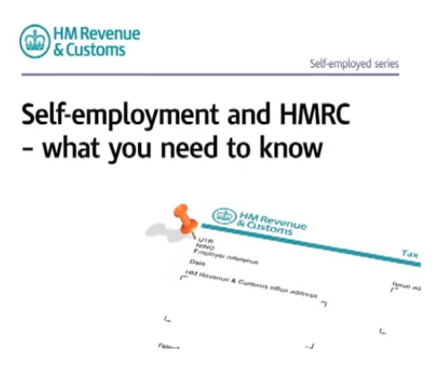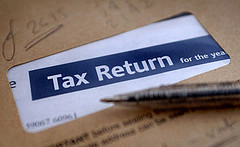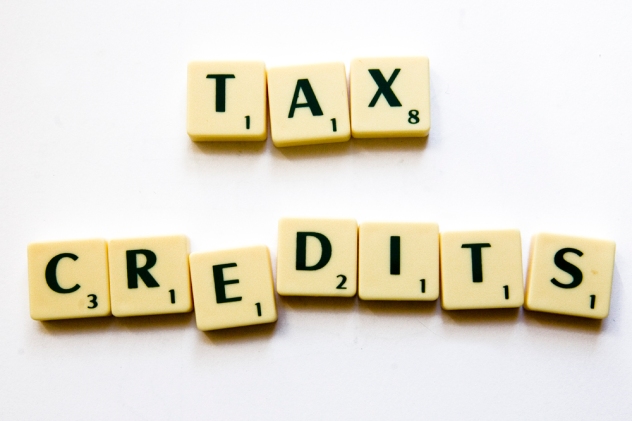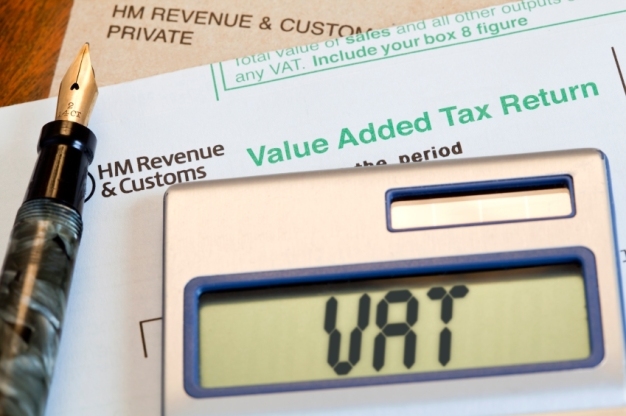In an earlier post, in September 2013, we looked at just what sort of expenses we could claim, when working from home.
Some 60% of UK businesses are family owned, and many of those do, actually, work from home, so, what are the key rules, when it comes to employing family members in the business?
It used to be common practice to pay a spouse or partner a small wage, in order to utilise their tax free personal allowances, or lower rate tax banding (particularly if they have no other employment).
This loophole has been partially closed in recent years, as any such salary must now be ‘earned’ by the person concerned, which can be difficult to prove when they have a full time job elsewhere.
One way around this, if you run your business as a limited company (and it is likely that you should be) is to issue a number of shares to your partner, so that they are able to receive part of the dividend paid for the year.
Under current legislation, a dividend is classed as investment income, rather than earned income, and, as such, there is no requirement to prove any involvement on the part of the partner. (Also, as investment income, it won’t be subject to National Insurance).
Alternatively, if they do actually play a part in the business (such as bookkeeping, administration or company secretary) then a salary is permitted, as long as it is at a commercial rate. One of the best ways to prove this is to ensure that they sign the odd document, from time to time, such as letters, cheques, etc.
That’s all very well, but what about the kids? Can we pay them a salary too? Everyone, including our children, has a tax / NI free personal allowance of around £10,000 (although this is increasing year on year) so can we use this to our advantage?
The simple answer is; “Yes”, so here are a few of the basics:
The Children And Young Person’s Act states that no person under 13 years of age may be employed, other than in very specific areas, such as acting, modelling and sporting activities, so employing your 8 year old as head of marketing could just raise a few questions.
Under current legislation, the National Minimum Wage doesn’t need to be paid to workers in the family business, provided they are members of the employer’s family, and share the family home. That said, the more we can pay them, within reason the greater the expense, for tax purposes.
As with most things, common sense is the watch word here. We need to be able argue that our kids are performing tasks that are well within their capabilities. Many, these days, are highly computer literate, and may have done work for us on our web sites, spread sheets etc. Others may have helped us with despatching goods, filling mail shot envelopes etc.
So, as long as our kids are over 13, and they perform appropriate tasks, within our business, for a sensible salary, there is nothing to stop us paying them for work done, in order to reduce our business tax liability.
There is a wealth of legislation governing this, but, for most of us, it’s definitely worth some serious consideration.
Some of that legislation is summarised in the Gov.UK feature; Child Employment
To see a recent video presentation of this article, by our own Dave Flatley, click on the image of Dave, to the right here.











